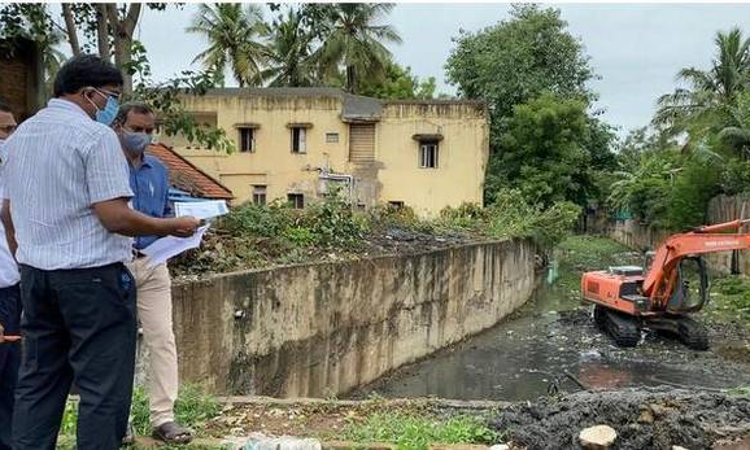Waterbodies Lifeline For All Animal Species, Ensure Zero Tolerance Towards Their Encroachment: Madras High Court
Sparsh Upadhyay
8 Jan 2021 2:43 PM IST

Next Story
8 Jan 2021 2:43 PM IST
Underlining that "waterbodies are the lifeline for all animal species", the Madras High Court on Tuesday (05th January) observed that there has to be a zero tolerance for any kind of encroachment at or endangerment of any waterbody. The Bench of Chief Justice Sanjib Banerjee and Justice Senthilkumar Ramamoorthy observed thus in a matter wherein a plea was filed before it,...
